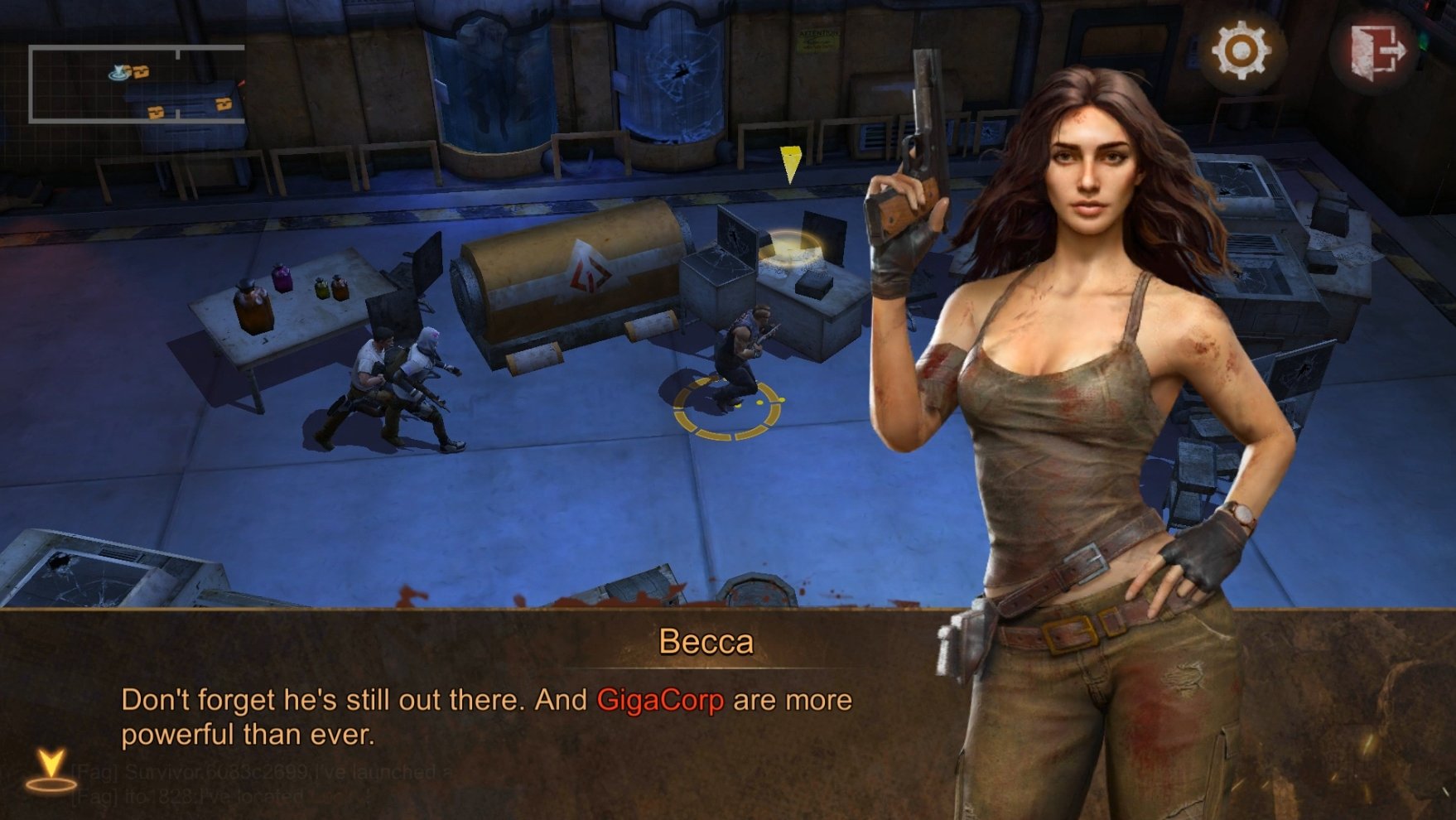

The discovery (or "invention") of the people as a group worthy of study is attributed to a group of German intellectuals at the end of the eighteenth and beginning of the nineteenth centuries (Burke). After experiencing the horrors perpetrated during the wars of religion in the sixteenth century, the Neostoic author on statecraft, Justus Lipsius (1547 –1606), wrote to compare the undisciplined mob to a headless body and popular protest to mass insanity.

In this allegory, the rulers and clergy made up the head, the noble warriors the arms, and the masses the visceral lower body parts. One common allegory of contemporary social structure is the famous Leviathan of Thomas Hobbes (1588 –1679), which depicted society as the torso of the king, itself composed of thousands of people, his subjects. 1525 –1569) and the disdain of the moralist Sebastian Brant (1458? –1521), who presented a mirror of immoral behavior in a world gone mad in his Das Narrenschiff (1494 The ship of fools). Reference was made to the common man or the community, and the elite/intellectual perception of their customs and practices ranged from the paternal curiosity of Michel de Montaigne (1533 –1592) to the satire of artists like Peter Bruegel the Elder (c. The closest contemporary equivalent of "the people" would have been the Third Estate or the commoners, a social conglomeration of urban burghers and rural peasants, as well as any other persons belonging neither to the nobility nor the clergy. The term "popular culture" was not in contemporary use during the early modern period, when political and social structure was understood in reference to three orders or estates. From the onset, however, one should be aware of the limitations and theoretical problems associated with its use and misuse in the past. And yet, it has proved a resilient and useful tool for assessing the attitudes and beliefs of the nonliterate masses in early modern society. Few theoretical concepts are as value-laden as popular culture, and defining it can be likened to entering a minefield.


 0 kommentar(er)
0 kommentar(er)
